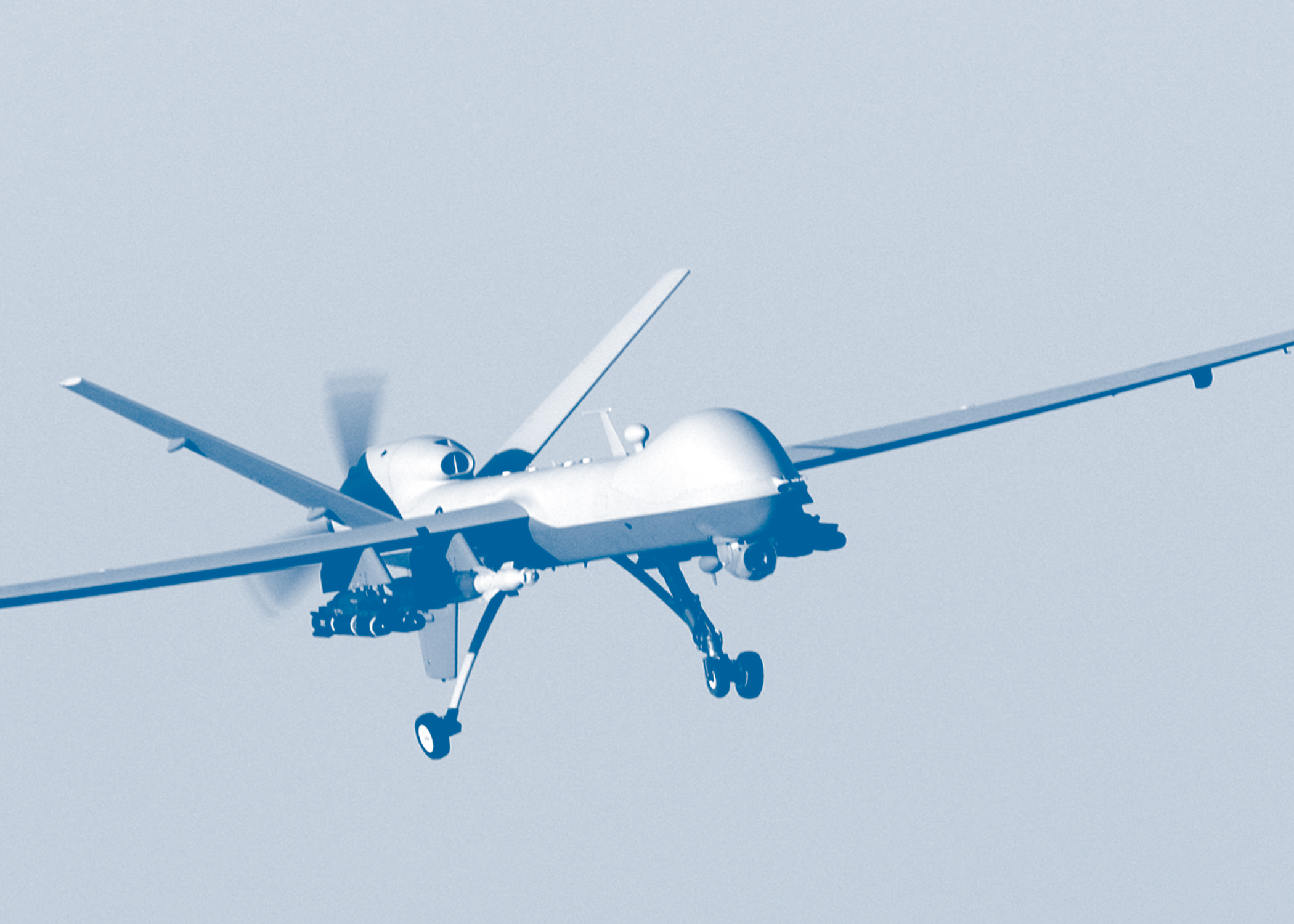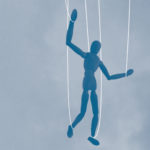By Alec Bălășescu | Hong Kong
When Iran claimed to have downed a US drone for the first time in 2012, an Iranian friend gifted me a new toy bought in Tehran: a plastic, low quality model of the said drone, bearing on its box the inscription in Farsi and in English: “We will crush Amrican (sic!) hegemony!” My friend commented that if they were to use the same technology that produced the toy, the chances of success would be minimal.
The issue with my friend’s assessment is a common miscalculation that spills over in many domains of analysis, not only in foreign policy:
Over-reliance on assessment of technology advances as a measure of unavoidable progress and thence victory, at the expense of analysis of socio-cultural dynamics, long term history, or ideological motivations.
It is only natural, since we are immersed in modernity’s promise of continuous social and political progress signaled and measured by technological advances. While this is true to a point, it may not be extended to the analysis of possible outcomes of international conflicts in today’s world.
At the time I was living in Istanbul, witnessing from that vantage point the unfolding of the war with ISIS in Syria, and the civil unrest that accompanied the cementing of Erdogan’s grip on power. Iran was a tacit ally in the fight against ISIS, the Iran nuclear deal was on the table, while Turkey’s position on the Syrian conflict was unclear from a Western perspective, despite the country’s membership in NATO.
Today, things have seemingly changed: ISIS appears to have been all but obliterated, Erdogan’s party lost mayoral positions in many cities in Turkey including Istanbul, and Iran is back on the blacklist. The US pulled out of the nuclear deal, imposed new sanctions that all but kneeled Iranian economy while previously faint calls to arms against Iran intensified in the past two weeks since the shooting of another surveillance drone.
The proponents of the conflict seem sure of victory but vague about the parameters of that victory and what a post-conflict Iran would look like. Is regime change the endgame?
The opponents point out to the regional diplomatic dynamic that places Iran in a web of alliances that includes Russia and to a lesser extent China (for whom Iran continues to be an important source of energy), to the danger which the proxies to an Iran that is newly emboldened by conflict may pose to American allies and assets, to the disruption of world economy, and to a war that may start from there and become impossible to contain.
What is missing from this analysis is the Iranian socio-political internal dynamics.
From this perspective, there are a few elements that need to be taken into consideration and that advocate strongly for a diplomatic solution to the crisis rather than for an attack on Iran:
1. Iran is a country based on a long history of centralised power and governance (about 2500 years), in no way similar to Iraq, Libya, or Syria, which are post-colonial political formations with mostly arbitrary borders. This provides a general sense of legitimacy and social cohesion that transcends current forms of governance. In case of an overt attack, those sentiments can, and will be mobilised to assure national mobilisation, despite the possibly diverse or divergent political choices within the society. From this perspective Iran is less fragmented than Iraq.
2. The Westernised class in Iran that some may perceive as a potential ally in a conflict meant to topple the regime may not necessarily and enthusiastically embrace the conflict. On the contrary, the past few years of sanctions that brought down the value of Iranian Rials also hurt this class’s interests, while making travel to Western Europe or the US and Canada more difficult. For some, these were frequent trips for business or to visit family, or sometimes both, and they had their role in cementing both a class identity and – through direct exposure – a type of political culture with a penchant to democratic forms. Isolation is and will be resented.
3. While Iranian technology is not as advanced as that of their possible opponents, a war against Iran would have to be won in the streets. Keeping in mind that winning itself has no clear definition in this case (as it did not have in other cases either, i.e. winning in Iraq did not magically bring a democratic regime in the country but opened the Pandora box of endless conflict), victory is not guaranteed.
Both the Iranian army and the Guardians of the Revolution would probably enjoy increased support within society for reasons already explained and also due to the fact that a big part of the population is ideologically and politically aligned with the current regime.
A war in Iran would be much more resemblant of the Vietnam War of the past century than of the series of military interventions in the Middle East that occupied the first two decades of the current one. It also may estrange even more allies in the region, such as Turkey, which has no interest in having yet another conflict-ridden country at their border, or in the possible empowerment of Iranian kurds.
Iran would not crush “American hegemony”, but a war against Iran would contribute to delegitimising current American politics in the region even more.
For all these reasons, diplomacy should prevail. And in order to succeed, this diplomacy should also take into consideration, beyond purely security calculations, the feeling of pride that Iranians extract from their long history in the region.
ALEC BALASESCU is an anthropologist by training and his research, writing, and practice is centred on understanding of human actions in context (the result of dynamic interactions between culture, technology, economy, religion, gender and sexuality, and institutional practices).




